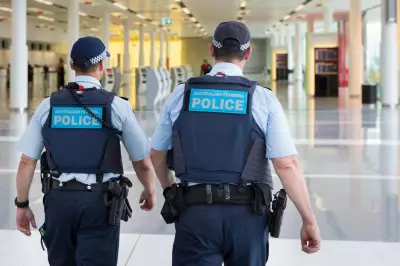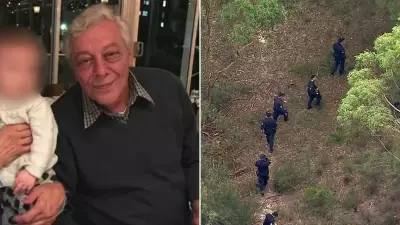
Startling new figures have exposed a major flaw in NSW Police's drug detection strategy, with sniffer dogs in the Illawarra region getting it wrong nearly seven out of ten times.
The Numbers Don't Lie
Between July 2022 and June 2023, drug detection dogs conducted 330 searches across the Illawarra region. In a shocking revelation, 221 of these searches - exactly 67% - found no illegal substances whatsoever.
This means that out of every three people subjected to the embarrassment and intrusion of a public drug search, two were completely innocent.
Regional Breakdown Reveals Widespread Problem
The problem isn't isolated to one area. The failure rates across different Illawarra commands make for concerning reading:
- Wollongong Police District: 69% false positive rate (120 unsuccessful searches out of 173)
- Lake Illawarra Police District: 64% failure rate (71 unsuccessful searches out of 111)
- Wollongong City PAC: 65% inaccuracy rate (30 unsuccessful searches out of 46)
What's Going Wrong?
Experts suggest several factors could be contributing to this alarming failure rate:
- Residual odours: Dogs detecting traces of drugs that are no longer present
- Training issues: Possible problems with how dogs are being trained to identify substances
- Handler influence: Unconscious cues from police officers affecting dog behaviour
- Environmental factors: Crowded, stressful situations impacting dog performance
Civil Liberties Under the Microscope
These statistics have reignited the debate about the balance between law enforcement and individual rights. When two-thirds of searches target innocent citizens, serious questions need to be asked about the effectiveness and ethics of current methods.
"When you have a failure rate this high, it's not just about ineffective policing - it's about the psychological impact on innocent people being publicly searched," said one civil liberties advocate.
Police Response and Community Impact
While police maintain that drug detection dogs remain a valuable tool in their arsenal, these figures suggest the community is paying a high price for questionable results. The emotional distress and public embarrassment experienced by those wrongly targeted cannot be measured in statistics alone.
As one local resident put it: "Being treated like a criminal in front of your friends and family when you've done nothing wrong leaves a mark that doesn't easily fade."
With confidence in drug detection methods at stake, both police and the community are calling for a thorough review of current practices to ensure they're both effective and respectful of civil liberties.






